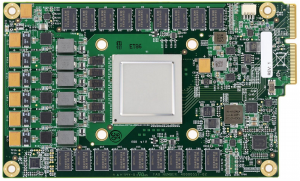Small businesses today need to stay up-to-date on changes in the tech world and how these changes can help bring down costs and improve productivity. One of the largest growing sectors for tech-based office solutions is VoIP as companies get rid of antiquated phone systems and integrate their communications system with their computer network. While VoIP seems to be a great tool, many businesses don’t know if VoIP is right for their them.
Understanding VoIP
Simple put, VoIP stands for Voice over Internet Protocol which is a system of hardware and software that directs communication over the internet through packets rather than through old school circuit transmissions maintained through phone lines. When calls are sent or received, the voice is converted to packets of data which is then sent through the internet. As the internet gets cheaper and faster, as VoIP technology becomes more advanced, it will quickly take over the traditional landline system as the preferred way for businesses to communicate.
Getting VoIP for Your Business
There are several ways to get a VoIP network up and running and each depends on cost and the size of the office’s communication needs. A new small business should start with checking out hosted VoIP systems. With these systems, most of the functionality is handled offsite. Phones are usually Plug and Play and very little hardware is necessary to get a hosted system up and running. Depending on the amount of traffic on the system, it might be necessary to see if your internet service provider doesn’t cap your bandwidth and you will need to check your Quality of Service settings on your router to make sure VoIP has the highest priority.
Another option is cloud-based VoIP networks. With this technology, VoIP calls are routed through session-initiation protocol and require special SIP-enabled phones to operate.
For a business thinking of self-hosting their own VoIP network, this endeavor can be expensive and tricky. Hardware that will be necessary involves having your own IP-based private branch exchange, similar to PBX systems that route calls in traditional offices, and a PSTN gateway that converts your analog calls into digital packets.
If your business does not have a dedicated IT department or an individual who has some form of IT certification, then a hosted system is probably the best, and less complicated, solution.









+ There are no comments
Add yours